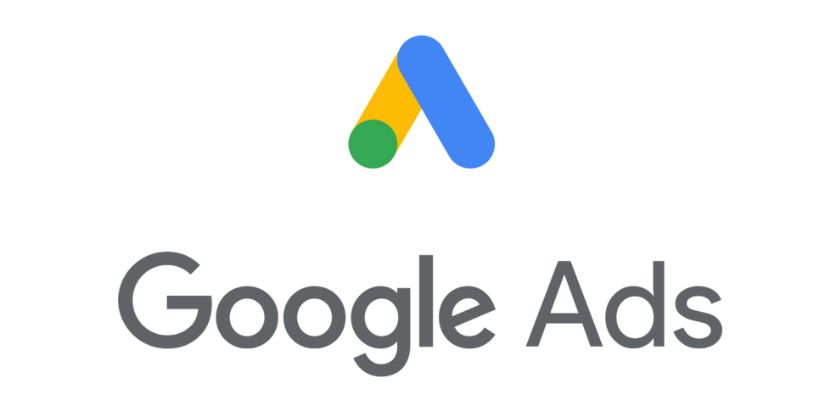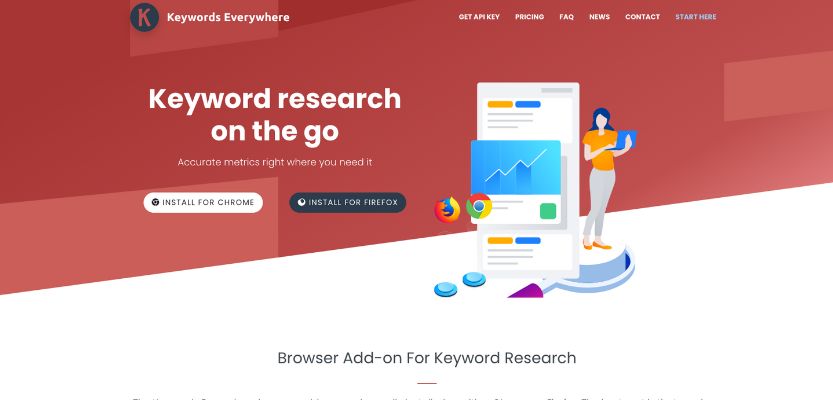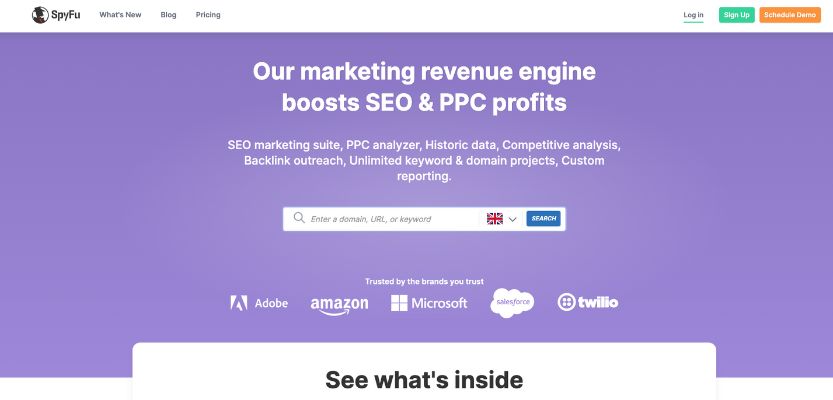Picture this. You’re chatting with a fellow business owner and they’re telling you all about how using keywords has helped them increase website visitors and encouraged business growth. You’re nodding along. But inside you’re thinking ‘I don’t understand keywords, the thought of them makes me dizzy, and I don’t know where to start!’ Does this sound familiar? If it does, fear not! Let me break it down for you and tell you how you can find them using a free keyword planner tool.
What are keywords?
Keywords are words or phrases that are used to demonstrate the main ideas or topics in your written content. They are used in search engine optimisation (SEO) as they help people find information on a subject they’re searching the internet for.
Why should you use keywords?
Using relevant keywords can help improve the visibility and boost the organic search engine ranking of your content, therefore driving traffic to your website.
These keyword things sound great, don’t they? So how do you find out which keywords or phrases to use?
Keyword planner tools
There are a number of free keyword research tools available at your fingertips. Here are four that I recommend:

Sign up for a Google Ads account (don’t worry, you don’t have to run any ads) and use the keyword planner tool which can be found in the ‘Tools & settings’. Here you can search a keyword or phrase. Amongst other data, you can see the number of average monthly searches for your keyword. It also shows you and other relevant words.

This is an add on to your Google Chrome account. When you search for something on google, it shows you alternative keywords and phrases.

This website shows you what questions people are asking around your topic. You only get a couple of free searches per day, but provides enough information for your needs.

Use this to search for keyword volumes, and also search competitor websites. You can see which keywords your competitors rank for on search engines.
Why should you use a keyword planner tool?
Alongside using keyword planner tools to improve your SEO, there are other advantages such as:
- Helping you with writer’s block
You want to create great content on your website, but you’re stuck. Or you need help generating ideas for topics. Keyword tools are great at sparking ideas. Plus, once you’ve created the content, you can repurpose it to streamline your marketing.
- Makes sure your content is useful and relevant
Your visitors want to find relevant information when they land on your website. If you’ve used helpful keywords, they will stay on your website for longer. This also improves your SEO as search engines think your website contains useful content.
- Monitor industry trends
Want to know what’s happening in your industry? You can keep an eye on what keywords are being used and use them in your own content if they are relevant too.
- Running adverts
If advertising is part of your sales and marketing strategy, you can use planning tools to ensure you’re using relevant keywords. You can even see the cost per click you should expect.

Keyword planning as part of your marketing strategy
I hope this blog has helped you to understand more about keywords. You now know where you can find them, and why you should be using them.
If you’re planning to use them on your website, take a read of my blog about why you should think of your website as a marketing tool. It so often gets overlooked for other digital marketing tools.
And as always, if you want to discuss your marketing or need some advice, please do not hesitate to get in touch.







